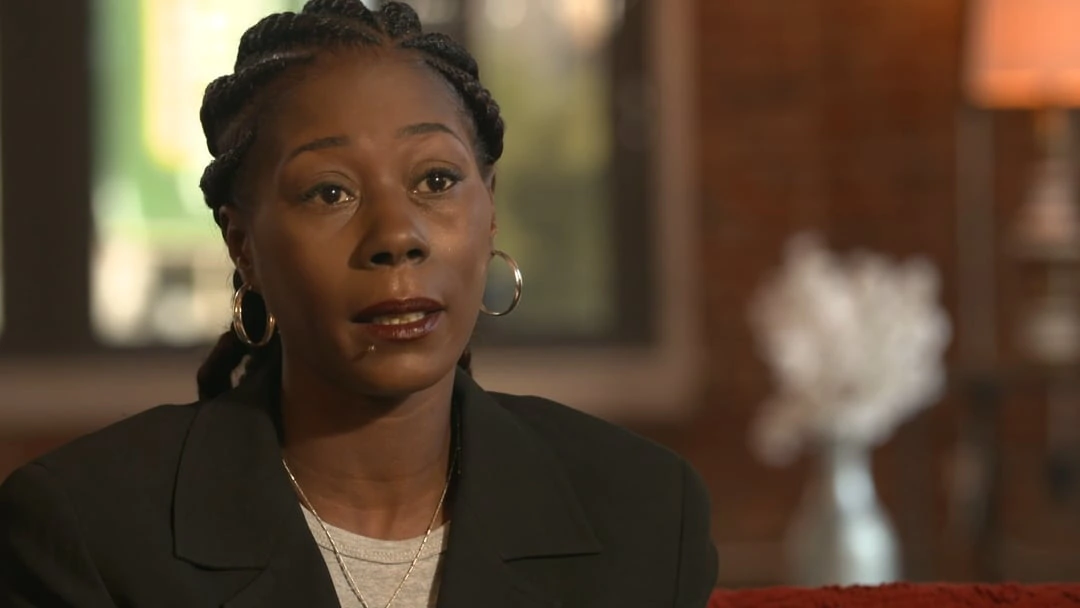Companies and individuals purchase insurance policies with the confidence that they will be covered in the case of injury, damage to property, or even to cover their everyday medical expenses. In short, insurance is a contract, represented by a policy, in which an individual or entity receives financial protection or reimbursement against losses from an insurance company. However, sometimes insurance companies do not honor these policies, which frequently results in insurance disputes and claims. Insurance companies oftentimes respond to filed claims with notice of disclaimers, stating that claims are not covered under that particular policy, that the coverage has reduced in value, or worse; that coverage has been terminated due to the behavior of the insured, despite the customer having paid premiums for years without a claim.
Understandably so, customers become frustrated with their insurance company and seek help to start an insurance dispute or claim. Insurance disputes and claims are the direct results of insurance companies failing to meet their obligations outlined in the policy they have with a client, without a legal reason or explanation. Insurance companies may use several different tactics to avoid paying the full value of a claim. These tactics can include:
The issues that are involved with insurance disputes and claims cover a large number of legal areas. Although many cases deal with the interpretation of insurance policies, there are many other types of insurance claims and coverages as well. Although disputes are usually divided into two vast categories: “third-party claims” and “first-party claims.”
“Third-party claims” are conducted against an insured, by someone who is not directly associated with the insurance policy, for injuries or damages that are supposedly caused by the insured. Whether or not the basic claim being presented against the policyholder is covered or possibly covered by the appropriate policy of insurance is the main focus of a “third-party claim.”
“First-party claims” are claims that are conducted by an insured against the insurance company for loss sustained directly by the insurance company, such as homeowners who experience damage to their home due to a fire.
Common types of insurance claims include, but are not limited to:
No matter the type of claim you may have, we are here to serve you. Contact us today for more information on how our experienced insurance claim attorneys can help you. Even though your claim may be denied by the insured, it does not mean all is lost. Our lawyers have extensive experience in challenging claim denials, setting up policies to handle any potential claims that may happen in the future, and making sure the rights of the client are continually protected. Insurance disputes and claims can be complex and time-consuming, so it is important to work with a trusted lawyer who can provide the correct resources and expertise appropriate for your case.
For a free, no-obligation consultation, contact us today to seek the help you deserve with your insurance dispute or claim.























